The college rankings rebellion
Some of America’s top universities are rejecting the tyranny of U.S. News & World Report’s annual lists
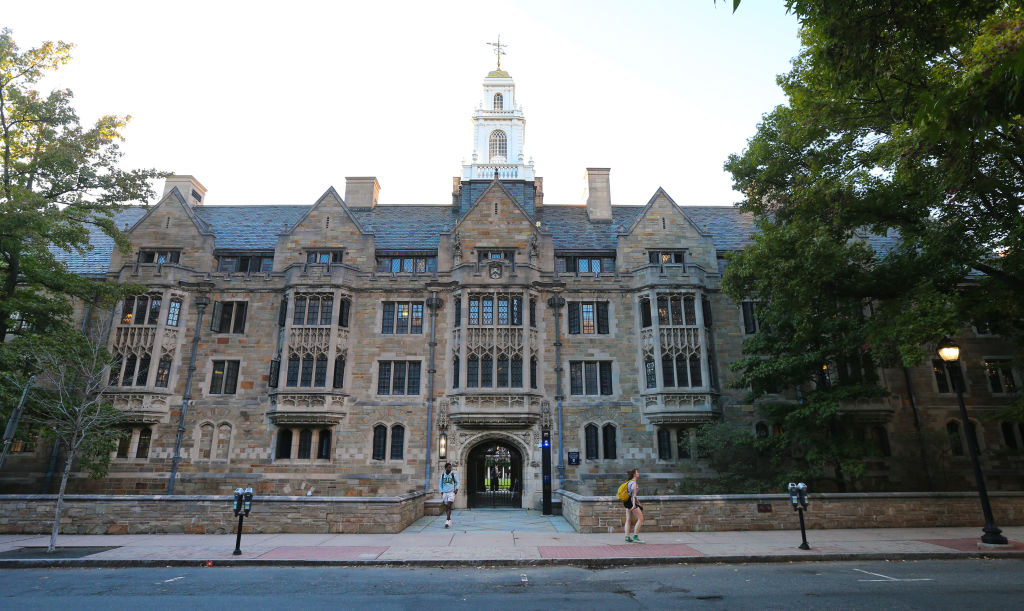
A free daily email with the biggest news stories of the day – and the best features from TheWeek.com
You are now subscribed
Your newsletter sign-up was successful
Some of America's top universities are rejecting the tyranny of U.S. News & World Report's annual lists. Here's everything you need to know:
What are colleges upset about?
For decades, the annual U.S. News & World Report rankings have been the arbiter of college prestige. The lists, and others like them, sway students' and parents' decisions and influence everything from professor hiring to alumni donations to university spending priorities. But now dozens of elite law schools and medical schools have begun boycotting the rankings, arguing that obsessive competition for a top spot warps academic priorities. Top-ranked Yale Law School initiated the protest last fall, after its dean, Heather Gerken, said the U.S. News method of determining rank was "profoundly flawed." Harvard Medical School, also ranked No. 1 by U.S. News, quickly followed, refusing to provide the publication with the data it uses in its evaluations, and other top schools, such as Columbia and Georgetown, joined in. They argue that by overvaluing incoming student test scores, the rankings penalize universities that admit more students from underrepresented backgrounds — especially Black and Latino students. Secretary of Education Miguel Cardona has encouraged more colleges to join in, saying, "Stop worshiping at the false altar of U.S. News."
Why are rankings so coveted?
They have a huge impact on student choice. One study showed that before rankings were introduced, students admitted to both Harvard and Yale law schools were roughly equally likely to attend either one. After Yale earned the top ranking, though, a whopping 85 percent of the students admitted to both chose Yale. Another study found that after making the top 25 in a U.S. News list, colleges saw a jump in applications of up to 10 percent. That influence has made it hard to abstain from the rankings process, even when an institution wants to. Bard College continued to provide U.S. News with data, for example, even after its president, Leon Botstein, called the rankings "corrupt, intellectually bankrupt, and revolting."
The Week
Escape your echo chamber. Get the facts behind the news, plus analysis from multiple perspectives.

Sign up for The Week's Free Newsletters
From our morning news briefing to a weekly Good News Newsletter, get the best of The Week delivered directly to your inbox.
From our morning news briefing to a weekly Good News Newsletter, get the best of The Week delivered directly to your inbox.
How is the order determined?
U.S. News grades programs on 17 criteria, including the class rank of incoming students, the faculty-student ratio, faculty compensation, spending per student, graduation rates, graduate indebtedness, and alumni giving. When it started out with its first ranking in 1983, U.S. News simply surveyed college presidents, asking them to name the top schools in their categories. Now it uses its own criteria to evaluate 1,500 institutions every year. Instead of one list, it publishes a huge volume of lists, with colleges divided into different categories such as best public universities, best liberal arts colleges, or best in a given geographic region. It also ranks specific programs, such as best undergraduate computer science programs.
Are the rankings accurate?
A growing number of colleges say they are not. One criticism is that U.S. News still bases 20 percent of its assessments on how university administrators judge the schools in their divisions. That's a problem both because administrators say they can't possibly have intimate knowledge of the dozens of schools they're asked to grade, and because certain universities are known for aggressively campaigning for good reviews from their peers, sending gift baskets and other inducements. Another major criticism is that the rankings discourage universities from cutting costs, since they're rewarded for how much they spend per student. And there are many quibbles about specific criteria: Law schools, for example, complain that U.S. News doesn't count graduates who land fellowships, especially in public-interest law, as employed. The protesting schools say students would be better off evaluating universities themselves based on publicly available data.
Can schools cheat?
Because U.S. News relies mostly on self-reported data, it's easy for schools to juice their rankings. Last year, Columbia math professor Michael Thaddeus grew suspicious of his university's meteoric rise in the rankings. It jumped from No. 18 to No. 8 in a single year and by 2021 had reached No. 2. He looked at the data and saw that the school was lying outrageously about its class sizes and its faculty credentials. After he exposed the fraud, Columbia's U.S. News rank plummeted back to No. 18. Another scandal broke at Temple University, where former business school dean Moshe Porat was sentenced to 14 months in prison last year for fraud, for doctoring his school's numbers to secure Temple a top spot for its MBA program. The university paid $5.5 million to settle a lawsuit by current and former students.
How has U.S. News responded?
U.S. News CEO Eric Gertler says that schools are rebelling merely because "they don't want to be held accountable by an independent third party." Still, after meeting with 110 law school deans, his organization in January announced a few tweaks, saying that new rankings would give less weight to peer surveys and would count fellowships as employment. A preview of the newest law school rankings, though, reveals a list that's largely unchanged, with Yale still No. 1. The real challenge will come if many undergraduate programs join the boycott — as a few have. In February, Colorado College broke up with U.S. News in a scathing announcement. "We will no longer perpetuate and be complicit," it said, in a "biased ranking using opaque criteria that are associated with wealth and privilege."
A free daily email with the biggest news stories of the day – and the best features from TheWeek.com
Affirmative action at stake
College rankings have faced criticism for decades, so why boycott now? The driving factor may be that the Supreme Court is about to rule on affirmative action in two cases, Students for Fair Admissions v. University of North Carolina and Students for Fair Admissions v. Harvard University. Because the court's conservative majority is expected to rule that considering race in admissions is unconstitutional or violates the Civil Rights Act, universities that value diversity will need to give less weight in admissions to test scores. "The sad reality of education in America," said Colin Diver, former dean of the University of Pennsylvania Law School, "is that most of the people with high LSAT scores are white and Asian, not Black and Hispanic. If you're feeling pressure to score well on rankings, then your admissions office is going to feel the pressure to put the Black or Latino applicant with a low LSAT on the waitlist rather than admit them." That's why some schools have decided to quit gunning for rankings altogether.
This article was first published in the latest issue of The Week magazine. If you want to read more like it, you can try six risk-free issues of the magazine here.
-
 5 blacked out cartoons about the Epstein file redactions
5 blacked out cartoons about the Epstein file redactionsCartoons Artists take on hidden identities, a censored presidential seal, and more
-
 How Democrats are turning DOJ lemons into partisan lemonade
How Democrats are turning DOJ lemons into partisan lemonadeTODAY’S BIG QUESTION As the Trump administration continues to try — and fail — at indicting its political enemies, Democratic lawmakers have begun seizing the moment for themselves
-
 ICE’s new targets post-Minnesota retreat
ICE’s new targets post-Minnesota retreatIn the Spotlight Several cities are reportedly on ICE’s list for immigration crackdowns
-
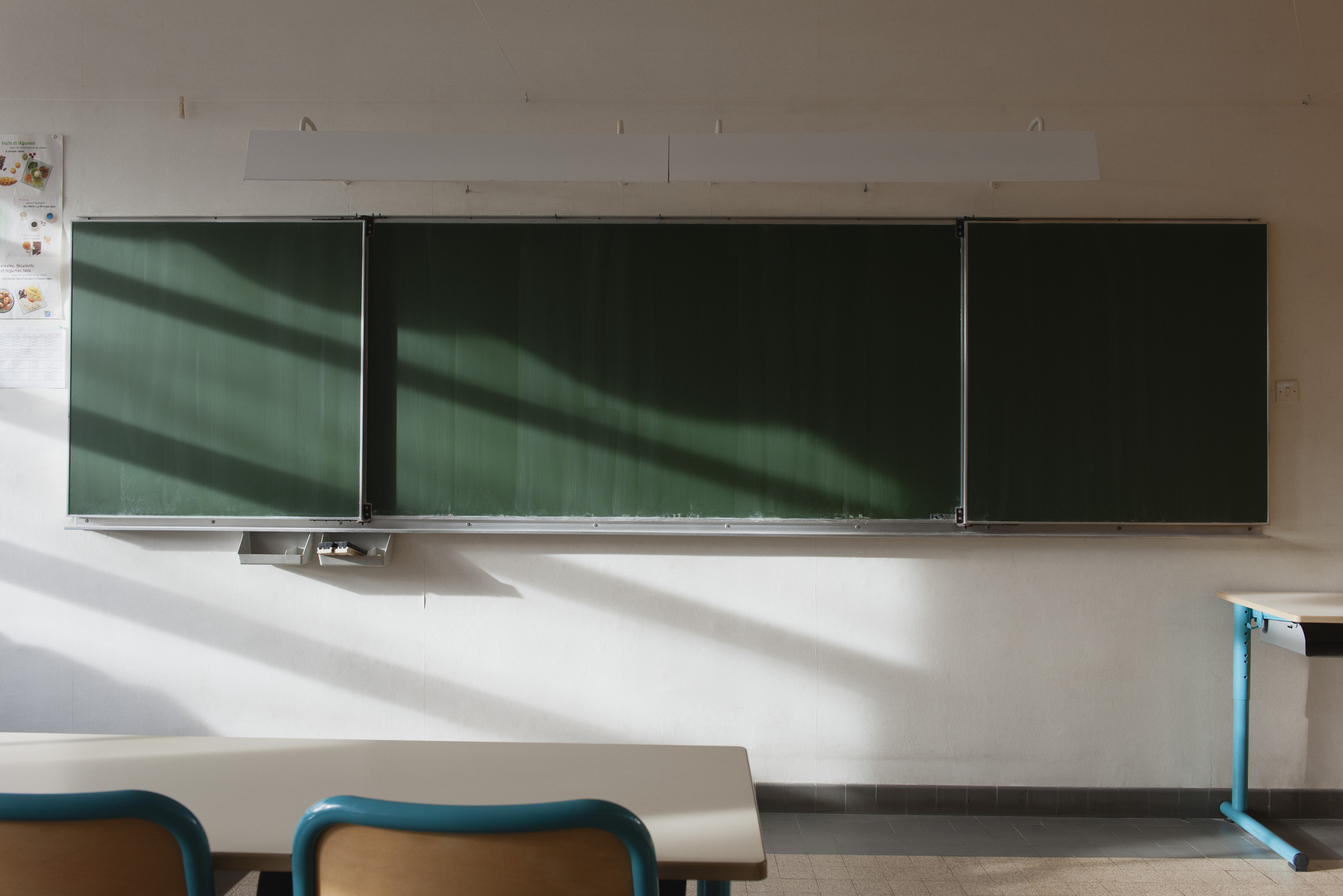 Florida educators face off with state officials over a teacher shortage
Florida educators face off with state officials over a teacher shortageSpeed Read As of mid-August, there were roughly 7,000 teaching vacancies across Florida, according to the state's teachers union. But the Florida Department of Education says differently.
-
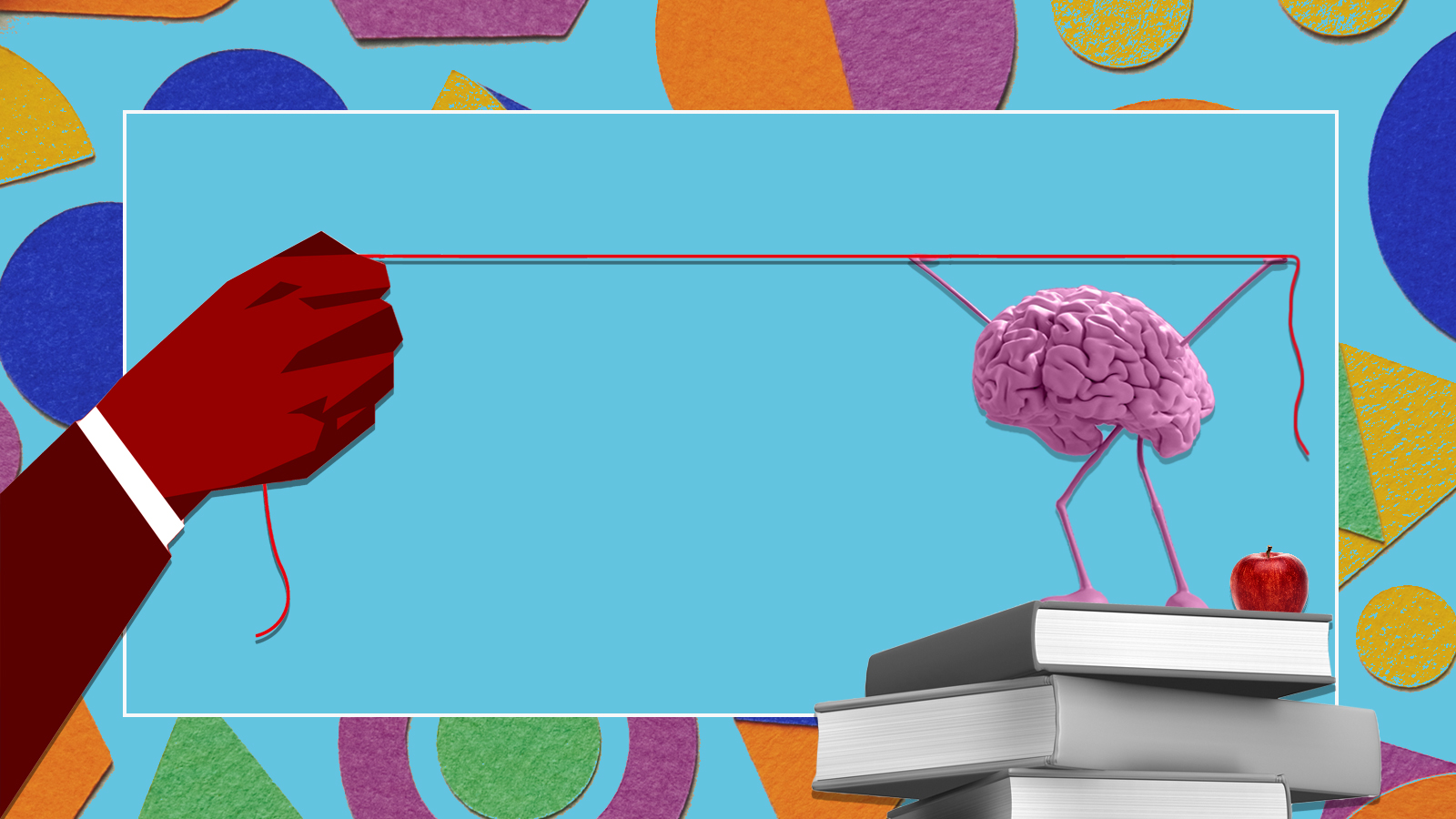 Florida schools' tug-of-war with AP Psychology
Florida schools' tug-of-war with AP PsychologyThe Explainer As the Florida school year starts, some districts remain unclear about AP Psychology's legality
-
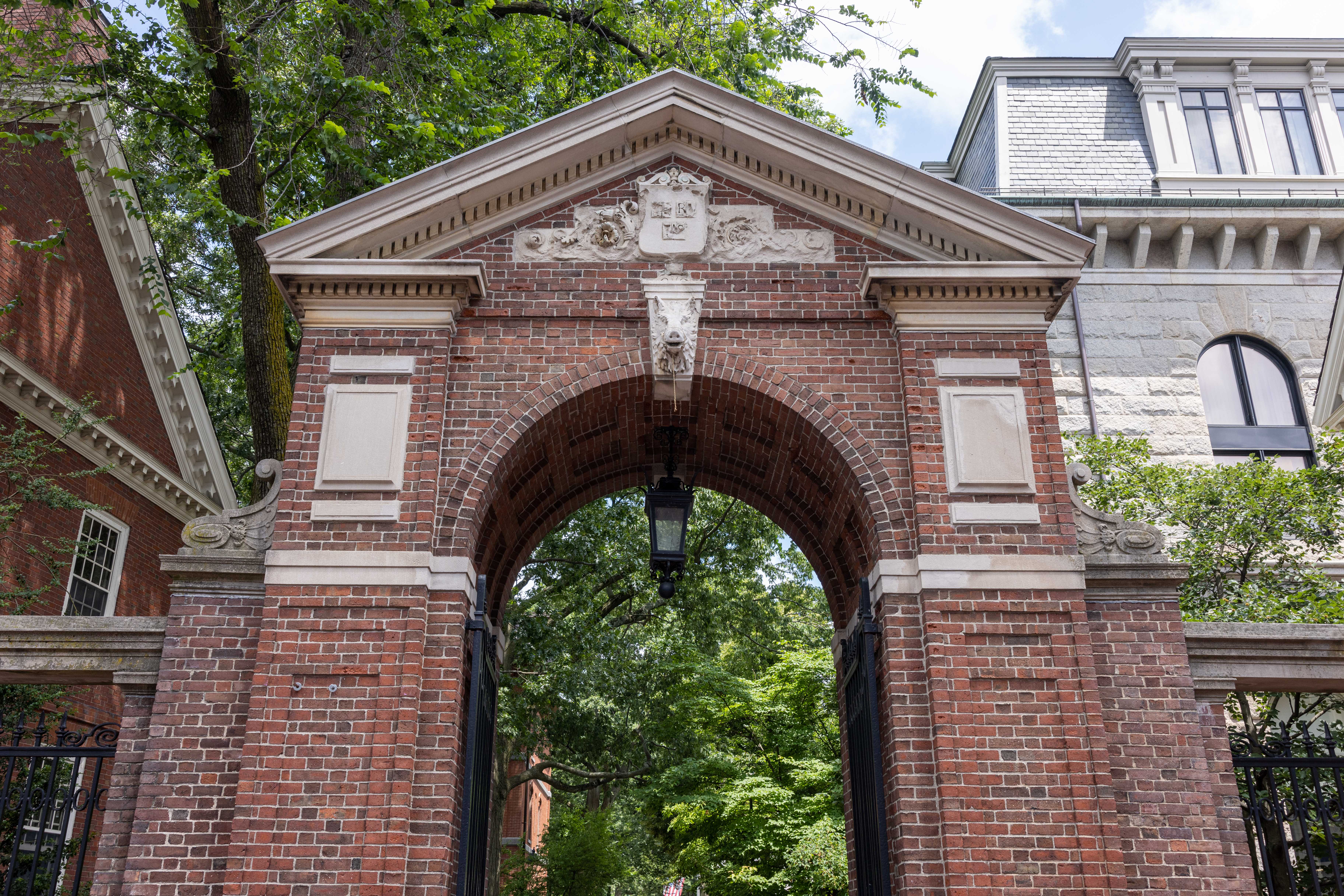 How wealth impacts college admissions
How wealth impacts college admissionsSpeed Read Affirmative action for race may be over, but a study suggests it still exists for the children of wealthy families
-
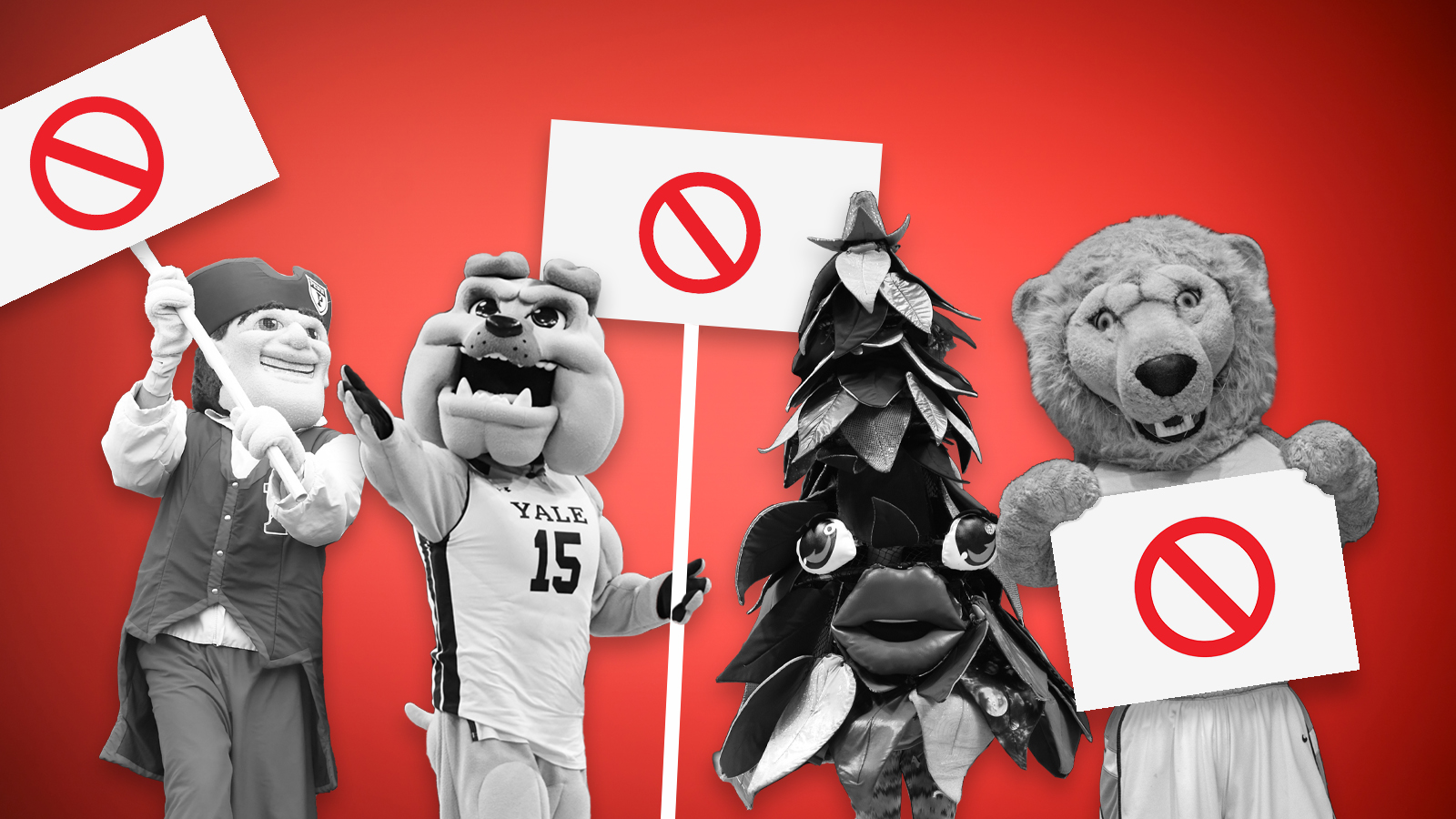 Why are grad schools boycotting the U.S. News & World Report rankings?
Why are grad schools boycotting the U.S. News & World Report rankings?Speed Read Is this the end of the college ranking system as we know it?
-
 What happened in the Los Angeles Unified School District cyberattack?
What happened in the Los Angeles Unified School District cyberattack?Speed Read It was the 50th attack on the education sector this year
-
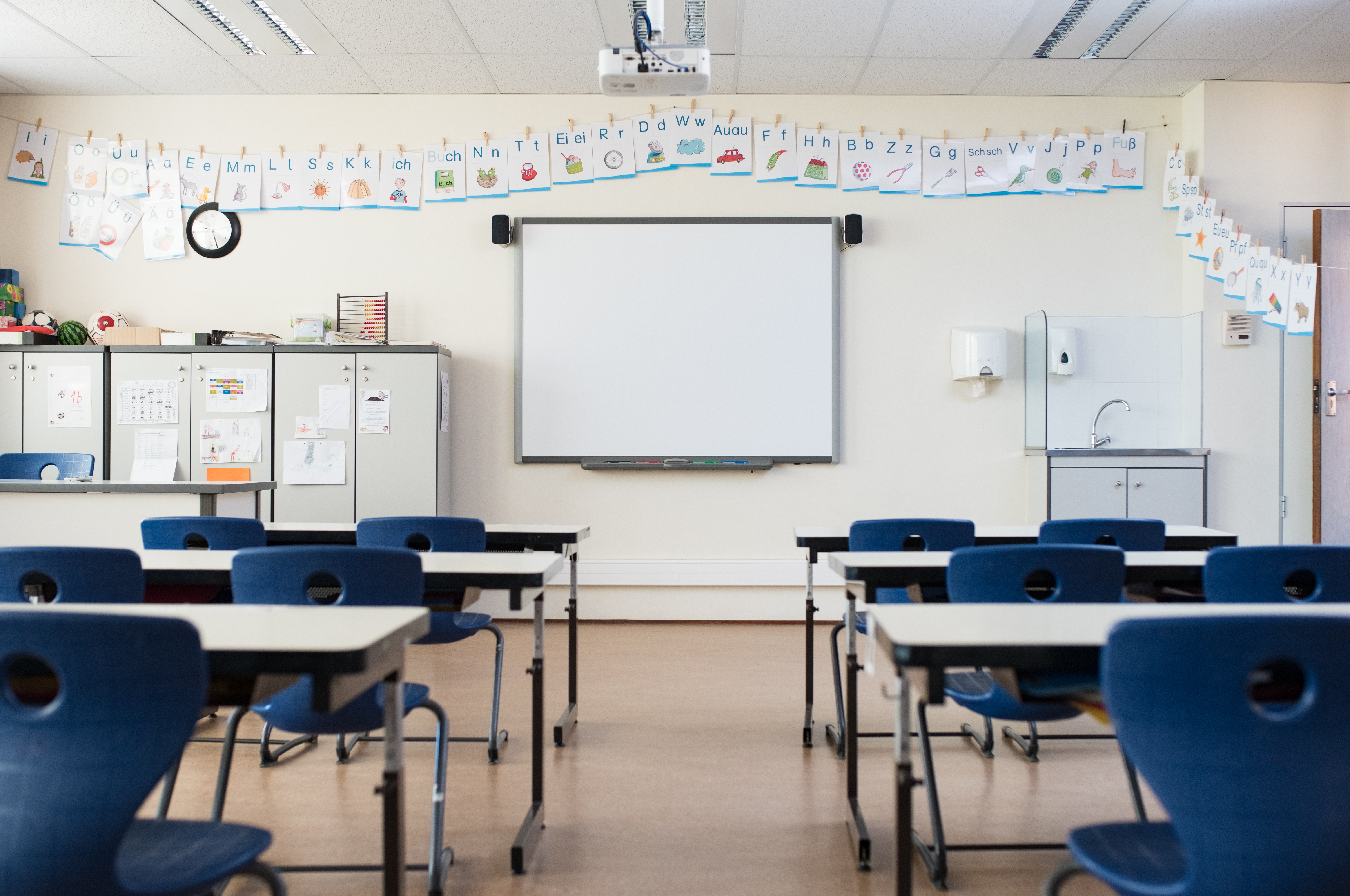 Not enough teachers
Not enough teachersSpeed Read An epidemic of teacher burnout has many school districts struggling to fill positions. Why are teachers unhappy?
-
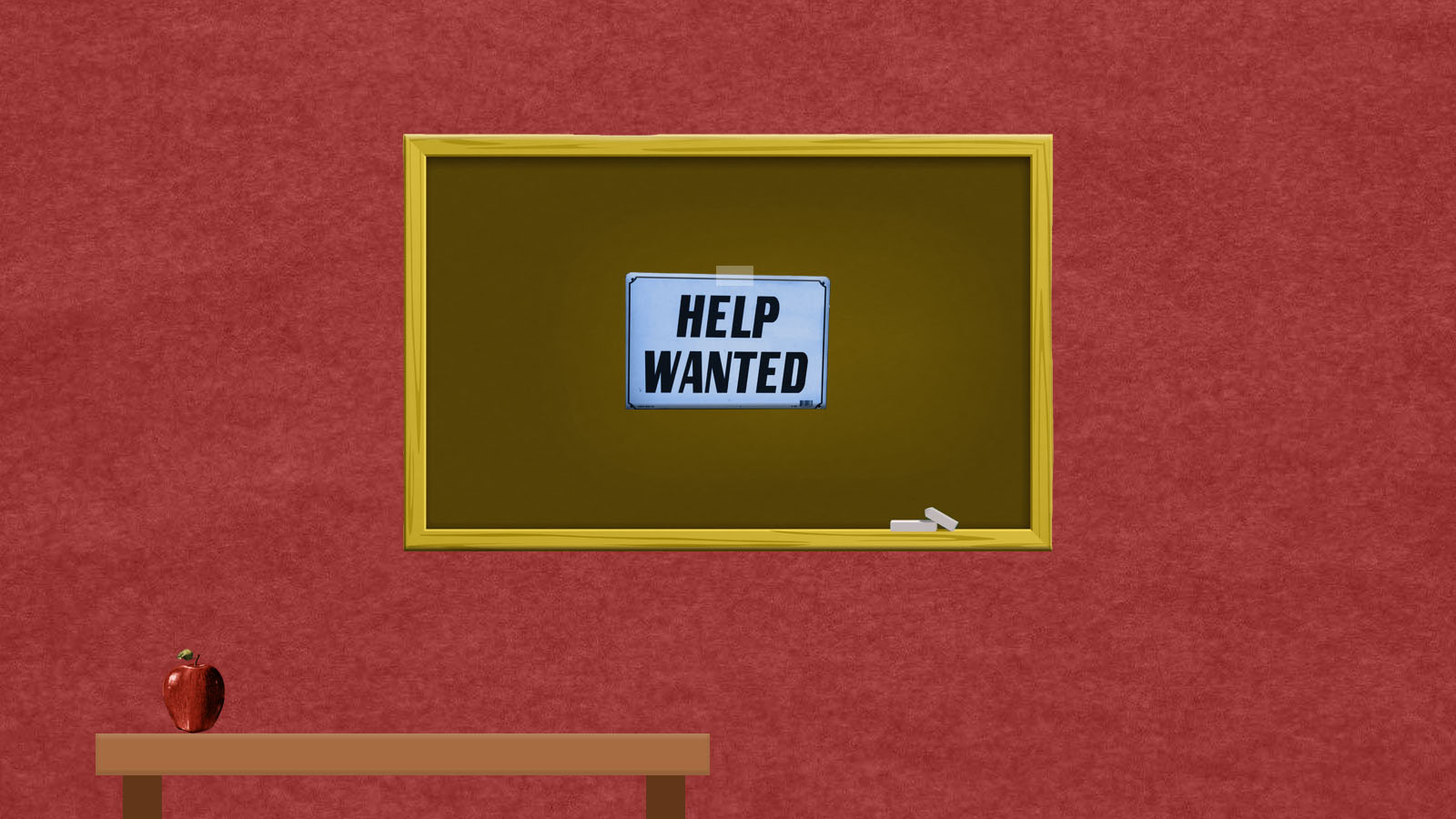 America's crushing teacher shortage
America's crushing teacher shortageSpeed Read The beginning of the school year is quickly approaching but thousands of teaching positions remain unfilled
-
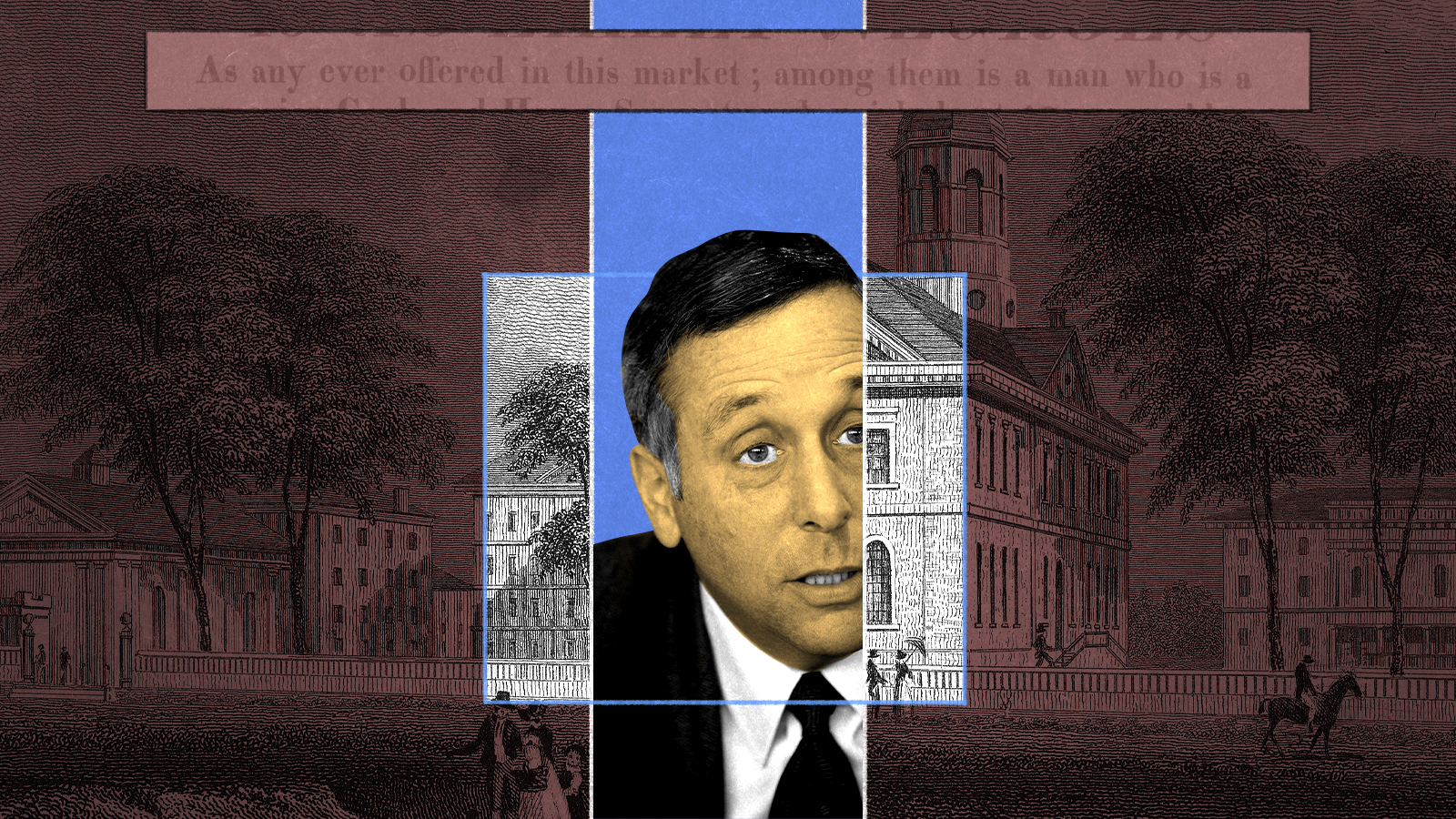 A history of slavery at Harvard University and beyond
A history of slavery at Harvard University and beyondSpeed Read The school is setting aside $100 million to redress its ties to slavery